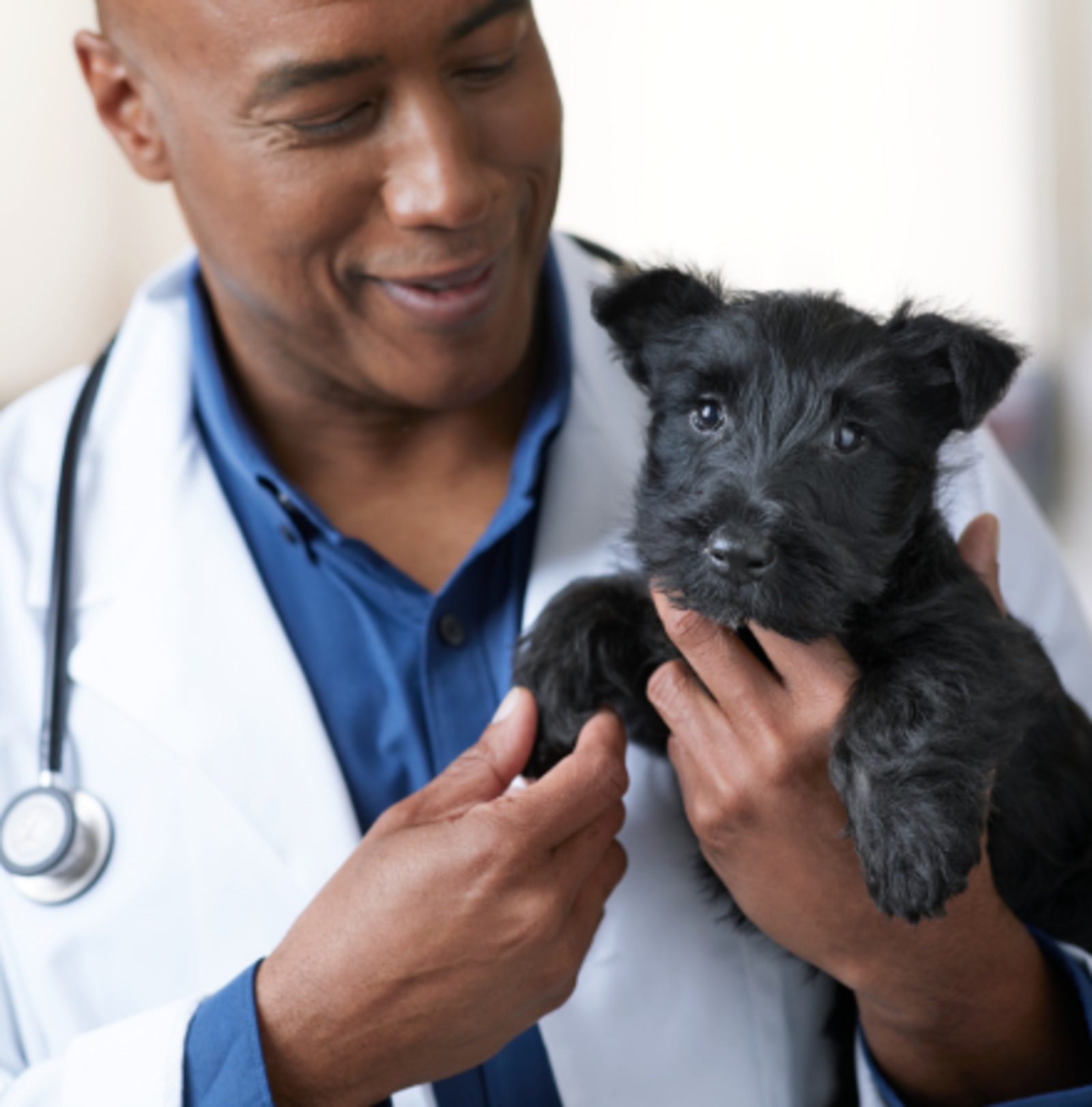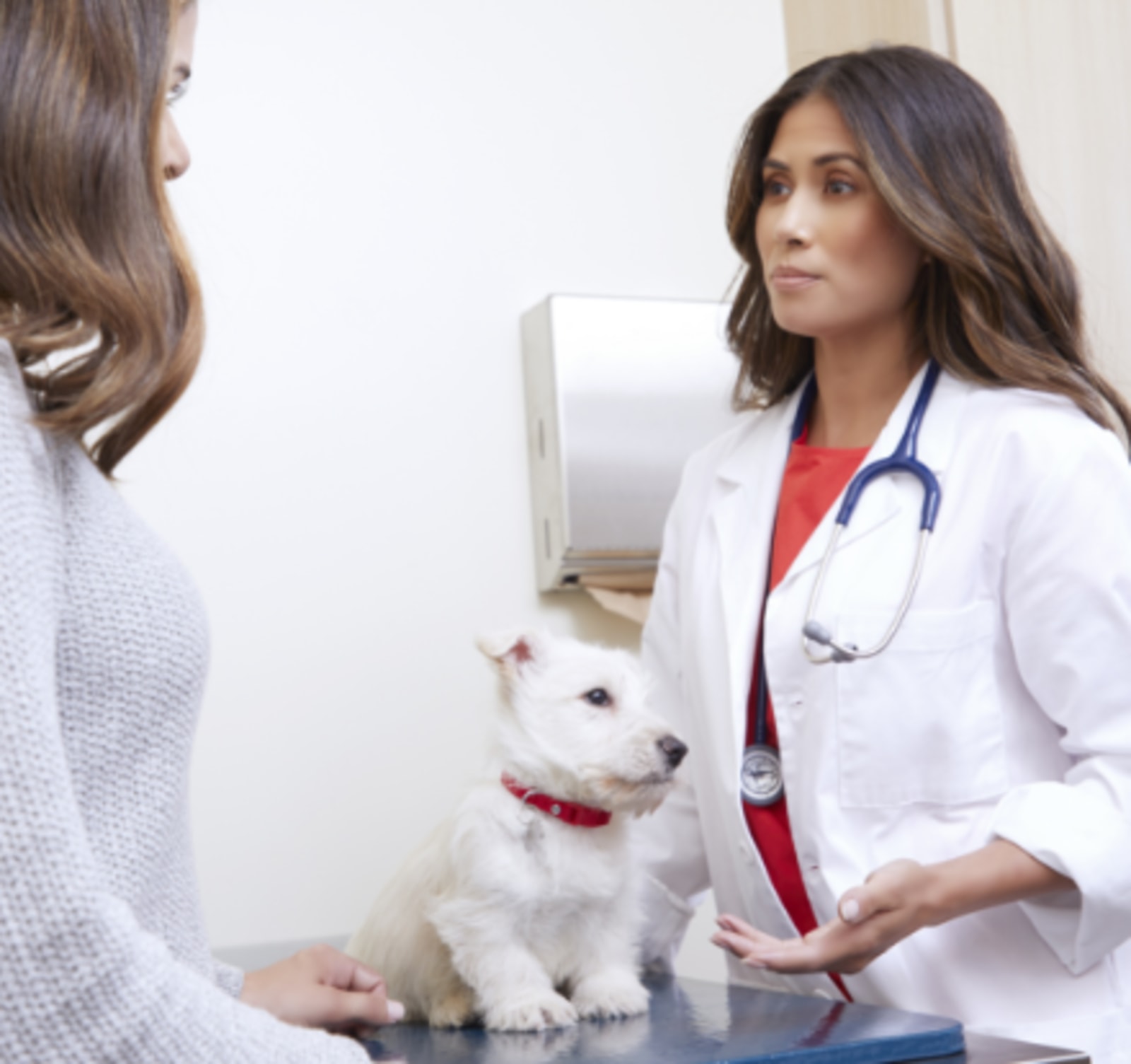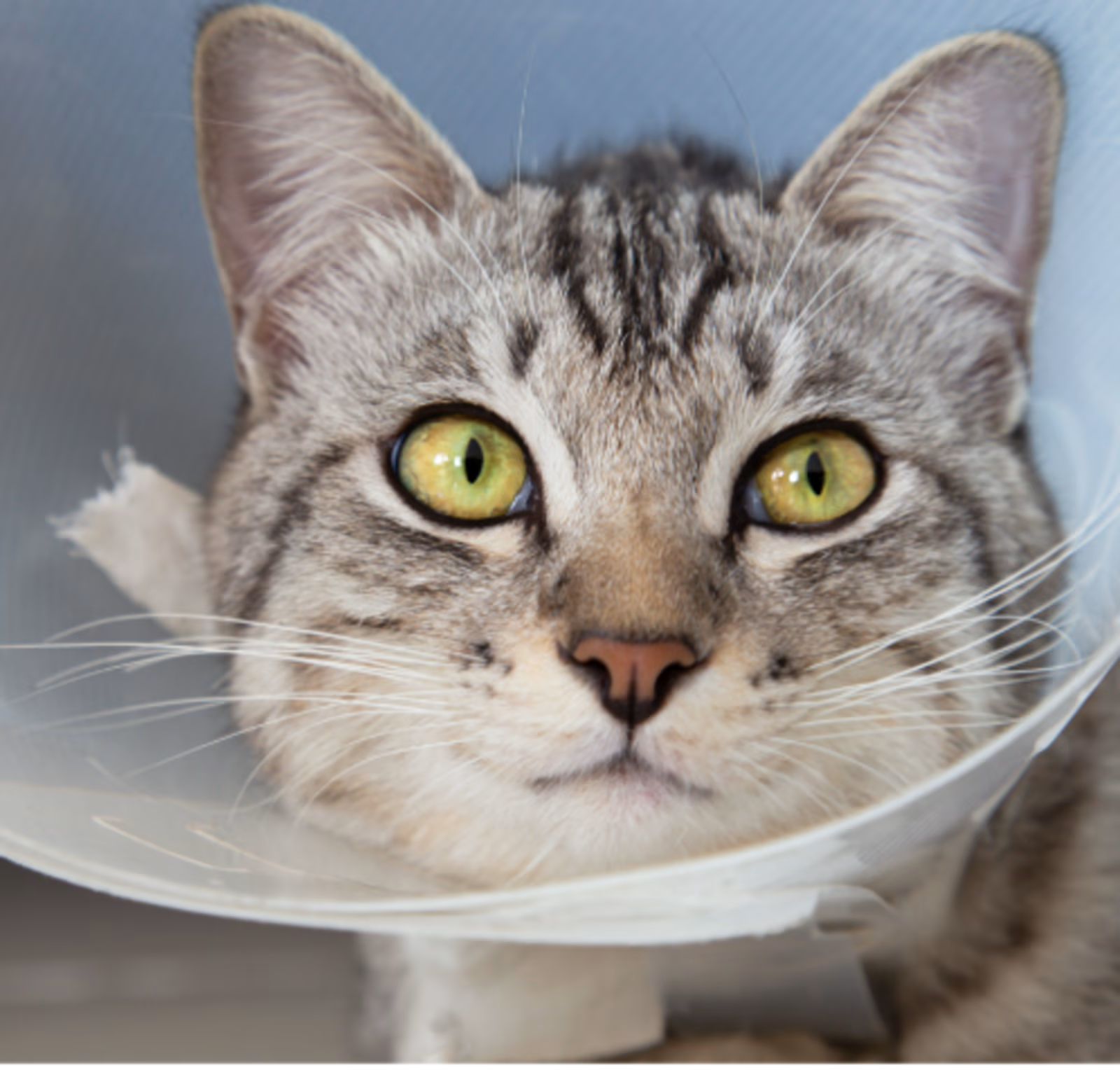Cat Food For Spayed Cats
Cat Food For Neutered Cats
Pet Health Solutions
Best Kennels For Dogs
Dog Shelters for Outside
Pet Car Solutions
Cat Cleanup Deals
Antiseptic For Dogs
Pet Organization Solutions
Pet Dental Rings
Pet Control Products
Pet Medical Supplies
Pet Friendly Pest Control
Pet Safety Collars
Nail Cap Refills for Pets
Dog And Cat Treats
Affordable Pet Supplies
Pet Products
Pet Socks For Dogs
Cat Dental Support
Fera Pets Cat Health & Wellness
Fera Pets Dog Health & Wellness
Nature's Miracle Cat Cleanup Deals
NALA Cat
Fera Pets
Higgins Pet Clearance
Petco
HEMPZ Dog Grooming Supplies
Fera Pets Dog Food
Wet Noses Buy 1, Get 1 40% OFF
PetShop by Fringe Studio Fall Faves
Starmark Dental Dog Chews
Fera Pets Dog Vitamins & Supplements
HEMPZ Dog Shampoos, Conditioners & Sprays
PawsPik Dog Bowls & Feeding Supplies
Oxbow Pet Clearance
Fera Pets Cat Vitamins & Supplements
Nylabone Buy 1, Get 1 40% OFF
Multipet International
Healthy Select Small Animal Treats & Chews
Do you do "low cost" spay & neuter? What about microchip? What are the fees for both services? Thank you.
How much to spay/neuter?
Do they neuter or spay dogs at Petco?
how much do you charge to neuter a cat
I have two little cats Juana, How much is How much is for spay/neuter per cat ) which includes surgery, rabies and distemper vaccinations, microchip
What are the more modern less invasive spaying options for cats (and dogs)?
Where can I find an affordable doctor to get my boy kittens fixed!! ?
Where should I go to nuetter my cat ? Something where is not so expensive please
Are cats that are spayed or neutered cheaper then cats that are not spayed and neutered
Hi! I'm looking for options to get my dog neutered.
How do I find an affordable vet clinic to take my new rescued male cat to be neatured,vaccinated,& checked out.He is 12/2 year old. Thank You.What would be an average price for these services...I am disabled,on a low fixed monthly income,he is also my ESA???
My dog is a beautiful pit bull terrier and he has to be neutered for health reasons, I went to vet on Main Street & main and they said it’s going to about $ 800 hundred dollars, that’s expensive, so what to the Petco clinic charges for that procedure?




